The onset of the Coronavirus outbreak resulted in a severe decline in air travel with borders closing down and fearful travelers staying home. By late March, there were 40-60% fewer flights scheduled with international flights being particularly affected. However, with strict lockdown orders ending in many areas and the summer season here, airlines have seen a recent uptick in air travel. There are signs that travelers are growing comfortable with flying again and are taking delayed or planned trips.
If you are traveling in the near future with your emotional support animal (ESA), this post will offer some helpful tips for navigating air travel in the era of COVID-19.
Do you qualify for an ESA? Connect with a licensed health professional to find out.

1. Keep your ESA socially distanced, but do not use face coverings on animals.
According to the CDC, there is generally a low risk that COVID-19 can spread to animals. The CDC states that of the small number of pets that have been reported to be infected, most fortunately only had mild symptoms and made full recoveries.
The CDC recommends that until more is known about how the virus may affect animals, owners should treat their animal companions similar to the way they would human family members to protect them against infection. The CDC recommends keeping dogs on a leash at least 6 feet away from others but does not recommend putting masks or other face coverings on animals, which could potentially harm them.
According to the CDC, there is not yet evidence that the novel Coronavirus can spread to people from the skin, fur, or hair of pets. The CDC advises that pet owners should not wipe or bathe their animal companions with chemical disinfectants, alcohol, hydrogen peroxide, or any other products that are not approved for use on animals.
Owners of emotional support animals that are accustomed to letting strangers pet and play with their animal should exercise more caution during the Coronavirus outbreak. Keeping your ESA on a leash and preventing strangers in the airport and on the plane from touching your ESA is advisable. If your ESA is small enough to fit into a carrier, that could offer an additional barrier against unwanted contact.
The CDC also recommends that if you are sick with COVID-19 or suspect that you might be, restrict contact with your emotional support animal just like you would with other humans. That includes avoiding petting, snuggling, being licked, sharing food, and sleeping in the same bed. Wearing a face covering and washing your hands before and after being around your emotional support animal if you are sick is also advised.
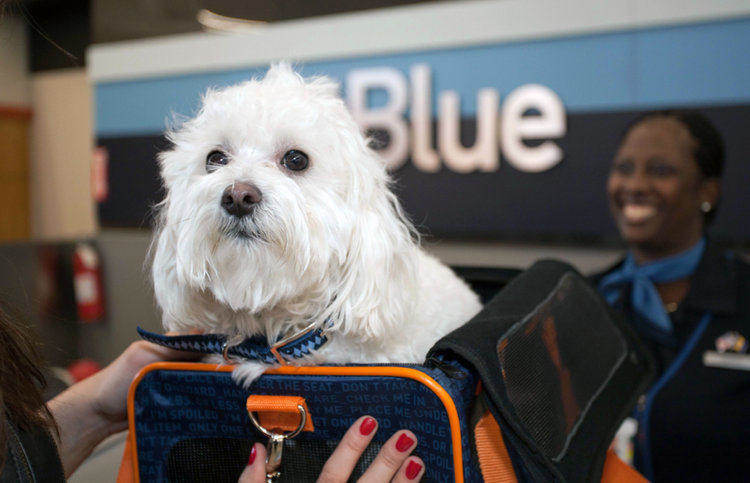
2. Make Sure your ESA is Pre-Cleared and Check-In Prior to Arriving at the Airport
Before you fly with your emotional support animal, it’s important to understand what the rules and procedures are for flying with an ESA. You should submit your ESA documentation to the airline at least 48 hours before your departure. Each airline will have its policy regarding emotional support animals. Some will only require you to present your ESA letter the day of your flight; others will require the advance submission of additional forms from your licensed healthcare professional or veterinarian.
It’s always a good idea to clear your ESA request in advance with the airline, but it’s especially important now. The last thing you want is to spend more time waiting in lines and interacting with airline agents at the airport, trying to sort out your ESA accommodation.
In addition, travelers should check-in online for their flights and use mobile passes if available. That will reduce the amount of time they spend standing in lines, speaking with airline representatives, and touching ticketing kiosks. Passengers on shorter trips may also want to consider bringing carry-on luggage only to further minimize their exposure to lines, airline agents, and crowds at the baggage carousel.
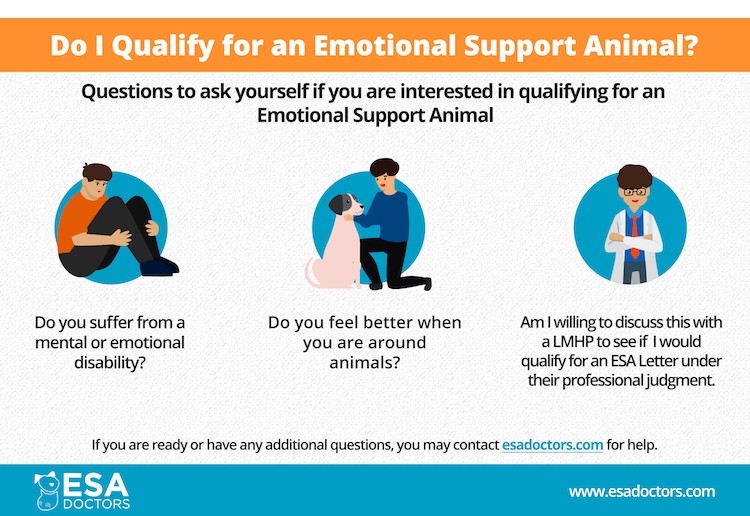
3. Be mindful of government travel restrictions and quarantines.
As a result of flight cancellations and border shutdowns, there have been reports of some travelers with pets being stranded. Before booking a flight, it is critical to check in advance to see which countries have restricted travel and/or have mandatory quarantines.
Some examples of recent travel restrictions include the following:
- Most foreign nationals who have been in certain countries including Brazil, China, Iran, the UK, and most of the EU during the previous 14 days will not be allowed to enter the United States.
- U.S. citizens arriving from China may be subject to a 14-day quarantine.
- On June 24, 2020, New York, New Jersey, and Connecticut announced that travelers entering from certain States with high positive COVID-19 test rates must quarantine for 14 days.
- The European Union has restricted travel for visitors from the United States, Brazil, and Russia.
- Many countries have either barred foreign nationals from entering or have instituted mandatory quarantines upon arrival, usually for a 14 day period.
It’s important to note that the COVID-19 pandemic is an ongoing and evolving situation, and travel restrictions and advisories can suddenly change. The restrictions stated above will, in all likelihood, continue to evolve.
Travelers with ESAs on extended trips, international flights, or passing through multiple destinations should be especially mindful. Passengers should always check for the latest updates and, if possible, have a contingency plan should their flight be canceled or border restrictions suddenly take effect.
4. Check for Advisories and Health Tips from Governmental Agencies
ESA owners planning to fly need to stay well-informed about current restrictions and safety procedures. The Coronavirus pandemic is ongoing, and changes in domestic and international policies regarding the entry of visitors can happen at any time. Health authorities are also continuing to learn more about the virus and how to best prevent its spread.
The CDC has a page with travel tips, advisories, and health advice that flyers can consult.
The CDC and TSA encourage travelers to do the following:
- Maintain good hygiene, including frequent handwashing, including before and after the security screening process at the airport.
- Maintain a social distance for yourself and your ESA of six feet from others wherever possible.
- Wear a face-covering where possible.
Additional travel tips, health information, and advisories are available from the U.S. State Department and the World Health Organization.
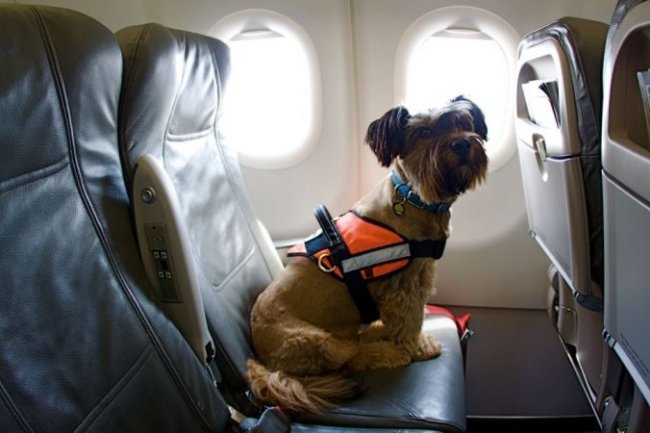
Conclusion
Many travelers use emotional support animals to comfort their anxieties while traveling. The role of ESAs has become even more essential during these worrisome times and with the growing concern over the deteriorating mental health of people due to stress, job losses, long periods of stay-at-home isolation, and social distancing.
If you’re flying with your emotional support animal in the near future, it’s important to stay informed about the latest developments regarding flight schedules, border restrictions, travel advisories, and safety protocols. Make sure to clear your ESA in advance with the airline if possible, and check to see that your ESA recommendation is up to date. Under ACAA rules, ESA documentation can’t be older than one year.
If you are seeking help for an ESA letter and are unable to currently see a therapist in person, or you had an ESA letter but need someone to provide you with up-to-date documentation, ESA Doctors can help connect you to a licensed healthcare professional that is knowledgeable about ESAs for flights. You can read more about us here. Or if you’re ready, you can get started with your ESA assessment at the link below.

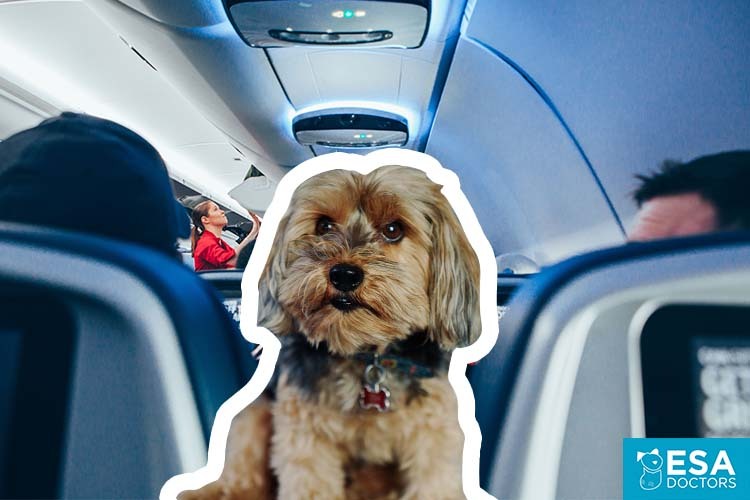



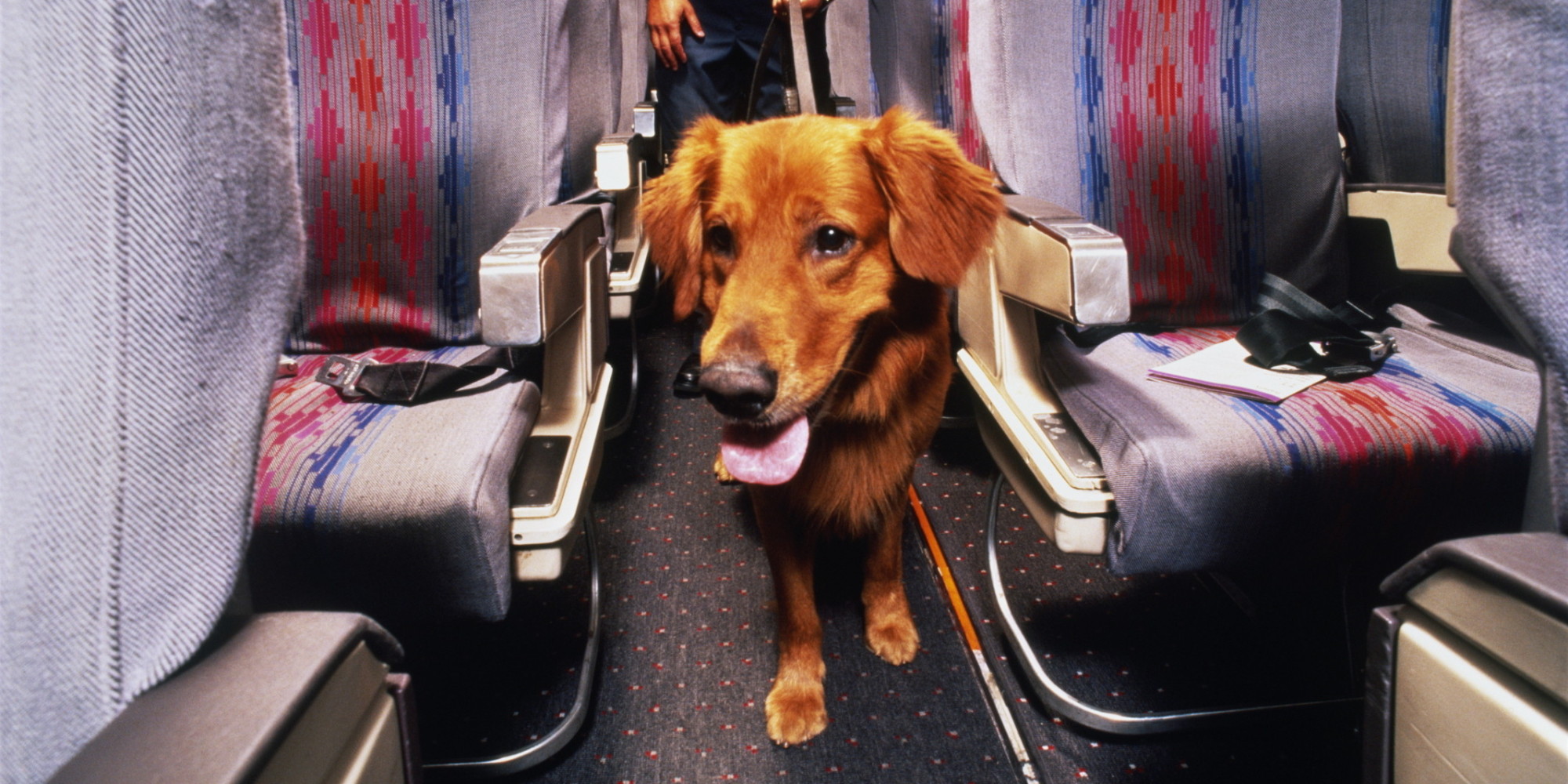
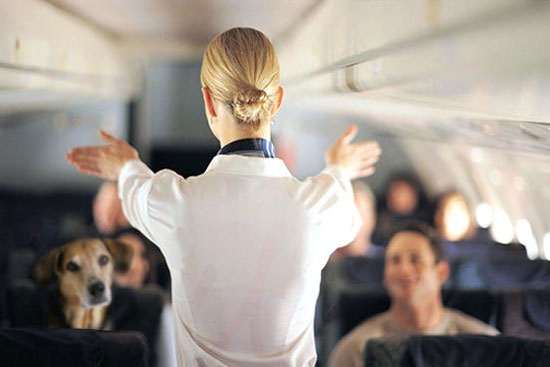

Just flew from the US to Chile with our ESA. I was on top of every detail and it went smoothly. The photo above is confusing because ESAs cannot be on airplane seats.
We’re glad your trip went well!
How much does this cost?
You can find our pricing options at this link: https://esadoctors.com/pricing-plan/
I would like to get an ESA letter but American Airlines also has a form that has to be filled out by the doctor also. Would y’all be able to fill that out also if I qualify?
Yes! The licensed therapists we work with can complete airline forms, including for AA. Just indicate you will need an airline form completed during checkout: https://esadoctors.com/esa-questionnaire/
I want to fly in March of next year I have a little yorkie I want to take but I don’t know what I need to do we are going to greece
You may find these articles helpful: https://esadoctors.com/how-it-works/
https://esadoctors.com/new-airline-rules-emotional-support-animals/
Sounds like you want to bring your pet. Please don’t abuse the rules to bring you pet on the flight. You can pay for a ticket and bring your pet.
My dog is 42 pounds. She is a bigger dog. Can you still help me? With the airlines
You may find this article helpful: https://esadoctors.com/how-to-fly-with-esa-dog/